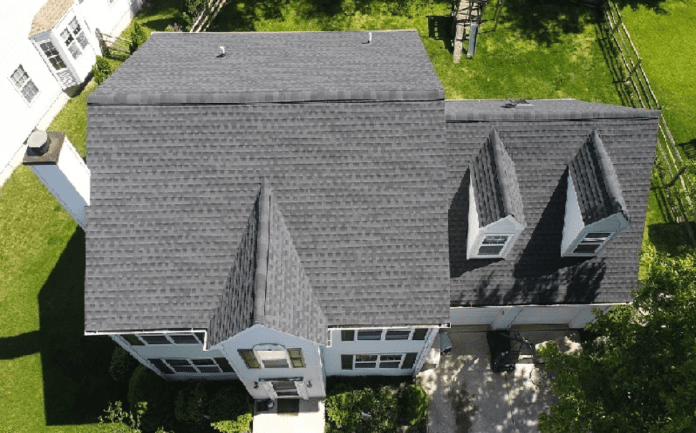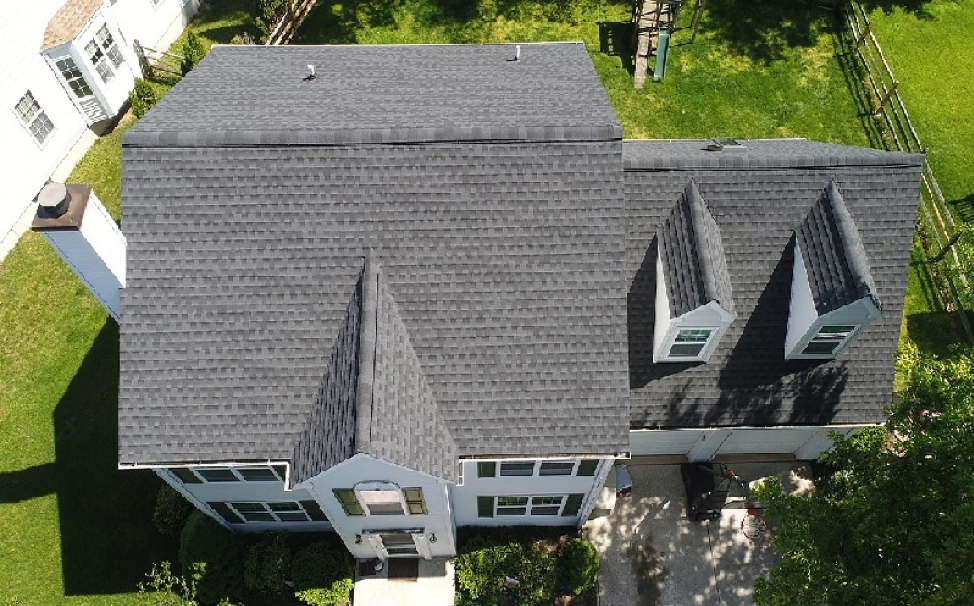Roofing technologies have come a long way from the times our ancestors used thatched roofing. Over the years, people have created stronger and better roofing for home and commercial use. A roof is not only used as a defense against unwanted intrusion and foul weather, but it is also important in enhancing aesthetic appeal and heat efficiency.
Recently, we have witnessed an increase in the number of innovative roofing technologies. Many of these futuristic roofing technologies provide solutions such as generating electricity, dealing with roof degradation, or lowering the carbon print from a building. Here are some futuristic roofing technologies that are coming to a building near you.
Solar Panel Roofing
Solar panel roofing uses solar shingles or photovoltaic shingles. These shingles look like your conventional roofing material such as a slate. In addition to performing the roofing function, they also produce electricity. This electricity generating solution is called building integrated photovoltaics (BIPV).
The solar panels come in a variety of formats. There are semi-rigid designs that contain several solar cells put together in a shingle-like structure. Others have solar cells put together in a strip-like format. There is also another technology of thin-film solar cells that are more flexible than the conventional roof shingles. A silicon solar cell roofing can reach as much as 100 watts DC per shingle.
Metal Roofing
A metal roofing system is made of metal tiles or pieces made from copper, zinc, or steel alloys. This roofing material is known for its impermeability, longevity, and high resistance to bad weather conditions. Unlike the asphalt roofs, metal roofs reflect the heat away from the building during the summer season. It lowers the heat island effect and can reduce the energy cost by as much as 40 percent when the insulation is done right.
The standing seam metal roofing is the most durable type of metal roofing. The standing seam is made when adjacent seams are crimped together and sealed into one joint. The roof is installed in a sequence for aesthetic value and good drainage.
Green Roofing
A green roof is also called a living roof. A conventional roof is covered with growing vegetation growing from a medium placed on top of the room. Green roofing is usually an extension of the existing roofing. A waterproof membrane is placed on top of the existing roof then layers of root barriers, irrigation systems, and drainage added on top.
Green roofs are known for their aesthetic appeal and help reduce the carbon footprint of a building. The roofs also mitigate the heat island effect in cities thereby lowering the urban air temperatures.
Flat Roof
Flat roofs have been around for some time. Contrary to the general belief, these roofing systems are not completely flat and come with undetectable pitches that allow rainwater to drain. They have a simplistic but unique design. Again, they can be made of a variety of materials including TPO, PVC, and even concrete.
Homeowners and commercial building owners can have a number of uses for flat roofs. You can use the rooftop as a patio or a deck to enhance the occupants’ quality of life. It can also work as an outdoor recreation space especially in densely populated areas. The flat roof can also support the green roofing concept by supporting irrigation and vegetation.
As new technologies come into being, roofing systems are expected to become more environmentally friendly, highly efficient and durable. Moreover, the cost of quality roofing is expected to go down. Be on the lookout for one of these roofing technologies in the neighborhood near you.
Check out our other posts about other technological home upgrades that you can do to make your life easier and your home more comfortable!
Image source: JMK Roofing

















